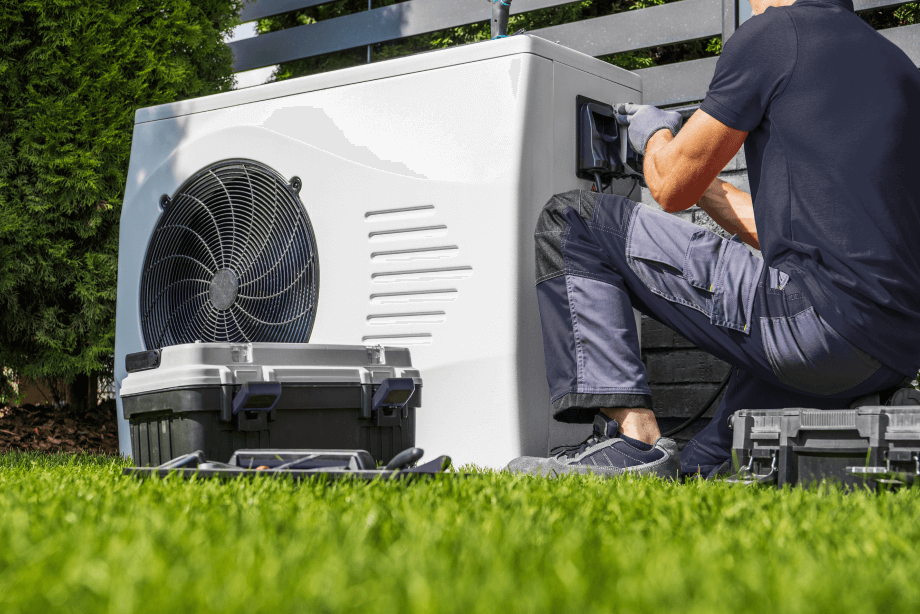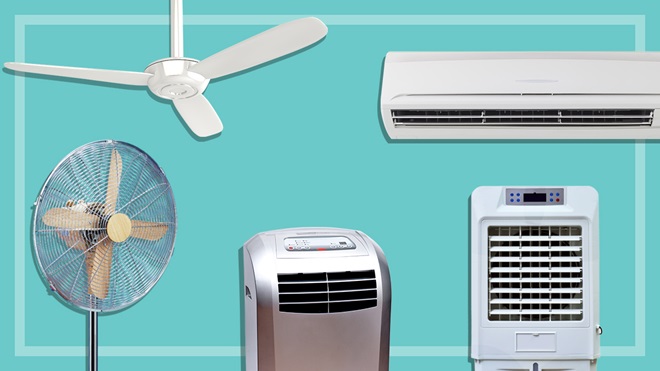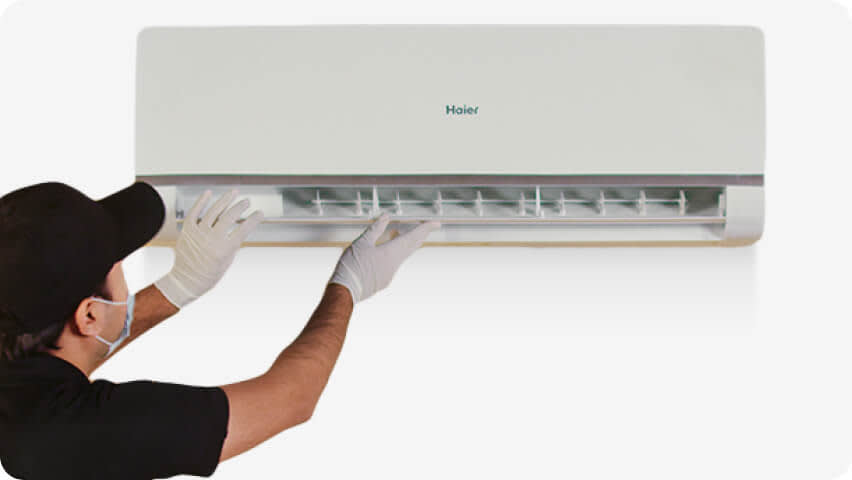
Stay cool and comfortable with the right air conditioning system for your needs.
Understanding Your Cooling Needs: The First Step
Before diving into the world of air conditioners, it's crucial to understand your specific cooling needs. This involves assessing the size of the area you want to cool, the climate you live in, and your personal preferences. A small room might only require a window unit, while a large house might need a central air conditioning system. Consider these factors:
- Room Size: Measure the square footage of the room or area you want to cool.
- Climate: Hot and humid climates demand more powerful AC units.
- Insulation: Well-insulated homes require less powerful ACs.
- Sun Exposure: Rooms with more sun exposure tend to be warmer.
- Personal Preferences: Some people prefer specific features like quiet operation or smart controls.
Types of Air Conditioning Systems: Which One is Right for You?
The market offers a variety of air conditioning systems, each with its own set of advantages and disadvantages. Let's explore some of the most common types:
Window Air Conditioners
These are the most affordable and easiest to install. They are ideal for cooling single rooms and are a great option for apartments or small homes. However, they can be noisy and less energy-efficient than other systems. It is very important to consider the BTU rating of these systems.
Portable Air Conditioners
Portable ACs offer flexibility and can be moved from room to room. They are easy to install and require no permanent modifications. However, they are generally less efficient than window units and may not be suitable for large spaces. They also require a way to vent hot air outside, typically through a window.
Split Systems (Ductless Mini-Splits)
These systems consist of an outdoor compressor and an indoor air handler. They are energy-efficient, quiet, and offer zoned cooling, allowing you to control the temperature in individual rooms. Split systems are ideal for homes without ductwork or for additions to existing homes. Many of the newer units have inverter technology which improves efficiency.
Central Air Conditioning
Central AC systems use a network of ducts to distribute cool air throughout your entire home. They are the most efficient and effective option for cooling large spaces but require professional installation and can be costly. If you are going to buy a central air system, it is important to consider the SEER rating.
Key Factors to Consider Before Your Purchase
Making an informed decision requires careful consideration of several factors:
Energy Efficiency (SEER and EER)
Look for units with high Seasonal Energy Efficiency Ratio (SEER) and Energy Efficiency Ratio (EER) ratings. These ratings indicate how efficiently the unit converts electricity into cooling power. Higher ratings mean lower energy bills.

BTU (British Thermal Units)
The BTU rating indicates the cooling capacity of the unit. Choose a BTU rating that matches the size of the area you need to cool. Too low, and the unit won't effectively cool the space; too high, and it will waste energy.
Noise Level
Consider the noise level of the AC unit, especially if you plan to use it in a bedroom or living room. Look for units with quiet operation features.
Installation and Maintenance
Factor in the cost of installation and ongoing maintenance. Some systems require professional installation, while others are DIY-friendly. Regular maintenance, such as cleaning or replacing filters, is essential for optimal performance.
Smart Features
Many modern AC units come with smart features like Wi-Fi connectivity, programmable thermostats, and voice control. These features can enhance convenience and energy efficiency.

Warranty
Check the warranty offered by the manufacturer. A good warranty can provide peace of mind and protect your investment.
Installation and Professional Help
While some AC units are designed for DIY installation, others require professional help. Central air systems and split systems, in particular, should be installed by certified technicians. This ensures proper installation, optimal performance, and safety. A professional HVAC technician can also help you select the right unit for your needs and provide valuable advice on maintenance.
Maintenance Tips for Longevity
Proper maintenance can extend the lifespan of your AC unit and ensure optimal performance:
- Regular Filter Cleaning or Replacement: Clean or replace air filters every 1-3 months.
- Annual Professional Check-up: Schedule an annual check-up with an HVAC technician.
- Clean Condenser Coils: Keep the outdoor condenser coils clean and free of debris.
- Check for Leaks: Inspect for refrigerant leaks and address them promptly.
- Keep Vents Clear: Ensure that air vents are not blocked by furniture or curtains.
Budgeting your Air Conditioning Purchase
It is important to set a budget before you begin shopping. Consider the initial cost of the unit, installation costs, and long-term operating costs. Cheaper units may have lower upfront costs, but higher energy bills. Investing in a more efficient unit can save you money in the long run. Also, remember to look for any energy efficiency rebates that may be available in your area.
© [Your Company/Website Name] - All Rights Reserved
No comments:
Post a Comment
Note: Only a member of this blog may post a comment.